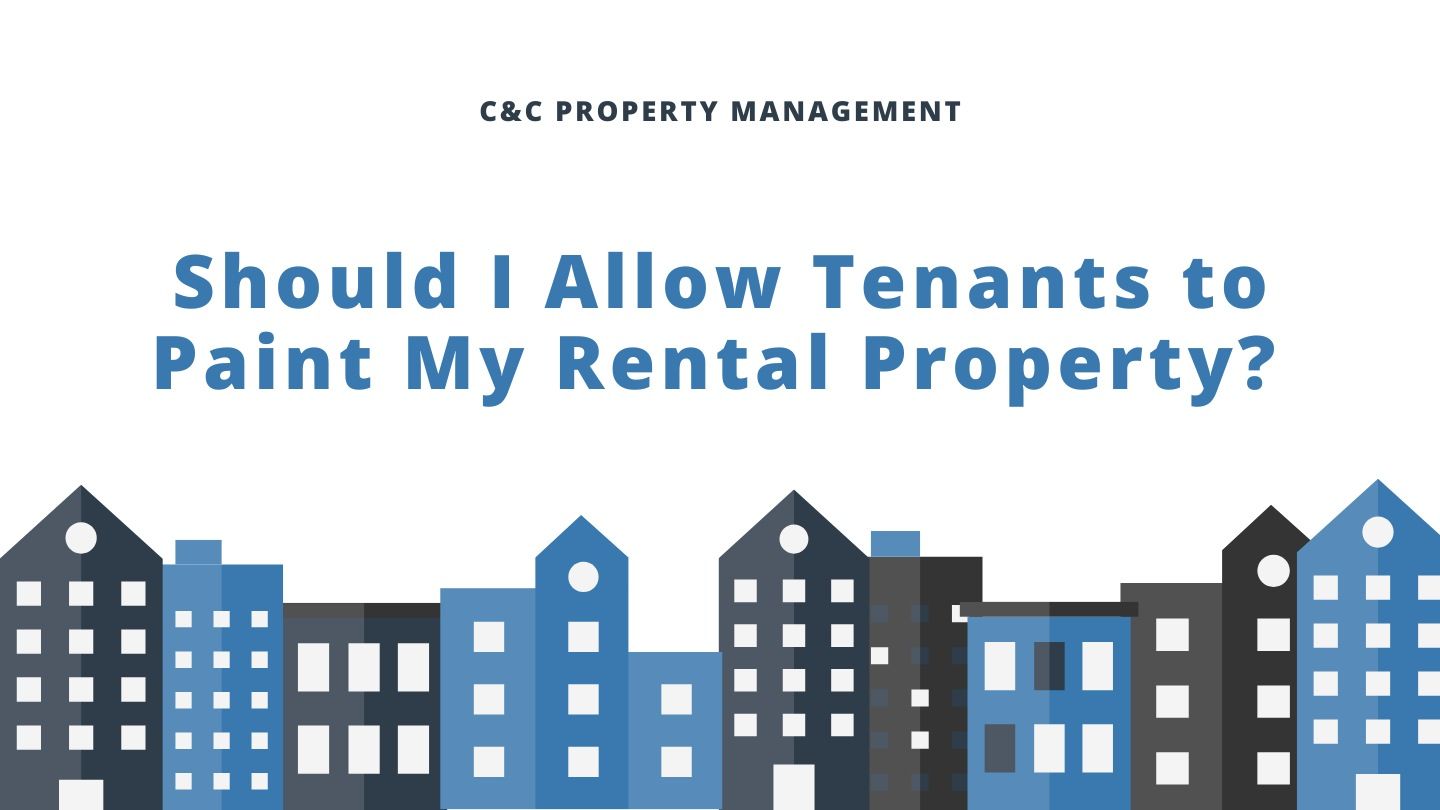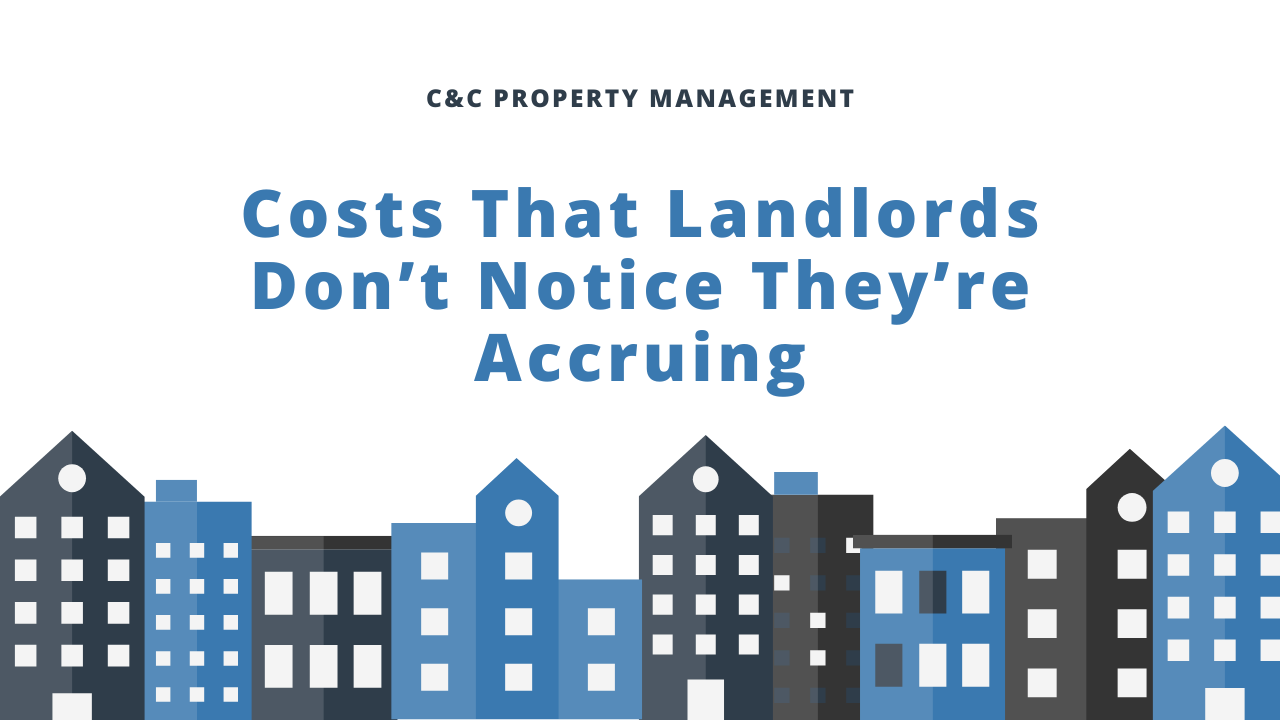10 Essential Landlord-Tenant Laws Every Landlord Should Know
If you're a landlord, familiarizing yourself with landlord-tenant laws is essential to ensure that you're operating within the bounds of the law.

With rental laws constantly changing, regularly keeping tabs on local regulations can help you better manage your rental properties. This article highlights ten landlord-tenant laws that all landlords should research, and we will take a closer look at each of them.
The first law to consider is
rental licenses. Depending on where you live, you may need a rental license before renting out your property. Rental licensing programs exist to ensure that rental properties meet minimum housing standards. Failing to comply with these requirements could result in fines and other penalties, so it is vital to review your state and local laws before leasing your rental properties.
Rent collection is the primary income stream for rental businesses, so it's essential to be aware of any applicable rent laws for your state.
Security deposits are also subject to specific laws that vary from state to state.
Some states may have specific rules that apply to late fees and grace periods. To be an enforceable agreement, your lease agreement must include locally-required clauses and clauses that don't violate renters' rights.
Marijuana use, pets, emotional support animals, and service animals are regulated differently and are subject to different laws. Knowing these laws can help you set policies for your rental properties that comply with the law.
It's also important to know the law surrounding property abandonment. Laws concerning property abandonment vary from state to state. Before discarding any items left behind by tenants, you may need to follow a specific procedure to confirm that the tenant no longer wants them.
The law requires landlords to provide safe and habitable living conditions for their tenants. This means that landlords must maintain a safe living environment for tenants, including working plumbing, heating, and electrical systems. You must also disclose any known lead-based paint and lead-based paint hazards in your rental properties.
Discrimination against tenants based on certain characteristics such as race, gender, religion, or national origin is illegal. Knowing the law surrounding discrimination can help you avoid any legal issues.
Finally, eviction is a complicated legal process, and the laws surrounding it vary from state to state. You must follow the correct legal procedures when evicting a tenant to avoid any legal problems.
In conclusion, being a landlord comes with many legal responsibilities, and it's crucial to be aware of these laws to avoid legal issues. While this article has highlighted ten essential landlord-tenant laws, it is always best to consult a qualified legal expert to ensure that you are operating within the bounds of the law.
Corporate Office
C&C Monterey PM Inc. DRE 01526734
Kyle Chernetsky DRE 01928366
Kevin Cesario DRE 01953086








